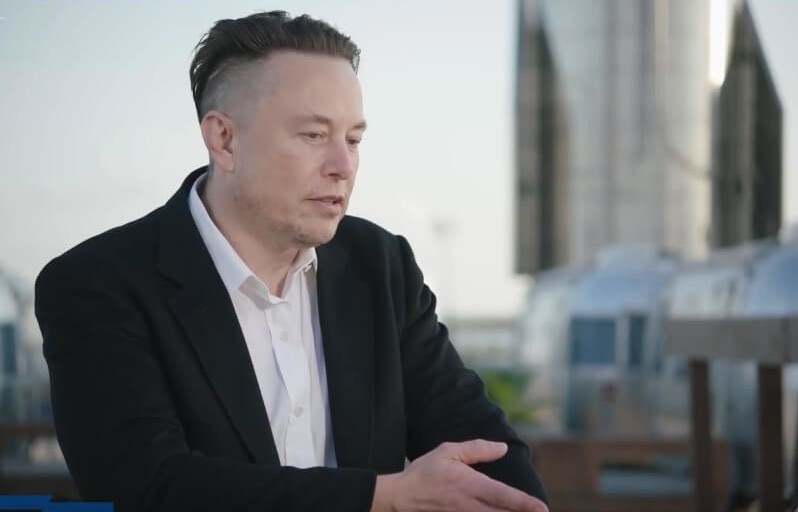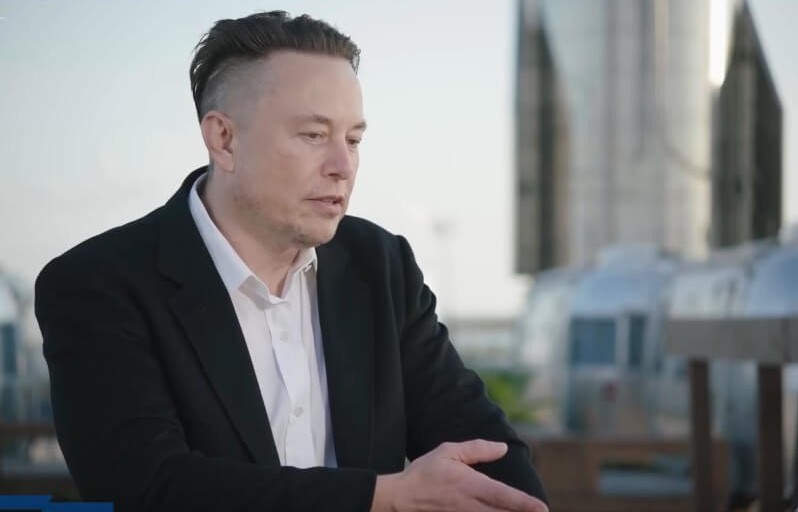Today in Crypto: Elon Musk Accused of DOGE-Related Insider Trading, Xapo Integrates with the Single Euro Payments Area Network, US CFTC Mulls Rules Change to Include Crypto Risk

Get your daily, bite-sized digest of cryptoasset and blockchain-related news – investigating the stories flying under the radar of today’s crypto news.
__________
Legal news
- Tesla‘s Elon Musk is being accused of insider trading in a proposed class action lawsuit by investors who claim that the CEO manipulated the Dogecoin (DOGE), costing them billions of dollars. Investors said Musk used Twitter posts, paid online influencers, his 2021 appearance on NBC’s Saturday Night Live, and other “publicity stunts” to trade profitably at their expense through several Dogecoin wallets that he or Tesla control, The Guardian reported, citing a filing in a US federal court.
- Venture capital firm the Digital Currency Group (DCG) and its CEO Barry Silbert asked a US district judge to consolidate two class-action lawsuits over alleged losses during the crypto winter. They argued that the two cases “arise from the same facts, present overlapping legal issues and propose nearly identical class definitions,” and that consolidating them is needed to avoid conflicting decisions and encourage judicial efficiency.
Banking news
- Licensed private bank Xapo announced an integration with the single euro payments area (SEPA) network, allowing members the seamless movement of funds in Euros (EUR), said the press release. The SEPA feature within Xapo Bank’s mobile app enables members to send funds to or settle invoices with individuals and businesses holding accounts in any of the countries within the SEPA network, including all EU countries, the three European Economic Area (EEA) countries of Norway, Liechtenstein, and Iceland, as well as Switzerland, Monaco, and the UK. All EUR deposits received by Xapo Bank are automatically converted to USD, it added.
- The crypto-friendly Silvergate Bank agreed with a US Federal Reserve (Fed) order to file a self-liquidation plan with California financial regulators within 10 days. The Fed’s Board of Governors announced the order on Wednesday as part of the process to close the bank’s operations. The bank has to conserve cash and other resources in order to make depositors whole, with the order saying that: “Effective immediately, the Company and the Bank shall preserve their respective cash assets and shall not dissipate those assets, including with respect to executive compensation and severance payments, without prior written approval from the Supervisors.”
Regulation news
- The US Commodity Futures Trading Commission (CFTC) issued a proposal to invite comments on possible changes to the agency’s risk management program (RMP). The Commission intends to use the comments “to inform potential future agency action, such as a rulemaking, with respect to the RMP Regulations,” it said. “Evolving technologies like digital assets, artificial intelligence, and cloud services, also have emerged as areas that can carry significant risk,” Commissioner Christy Goldsmith Romero said in a statement, and “these technological advancements, with their accompanying risks, necessitate the Commission revisiting our regulatory oversight, including our risk management requirements.”
- The Central Bank of Nigeria (CBN) clarified that it decided to ban cryptocurrency back in 2021 because of the interference of the private sector and concerns related to the transparency of digital currencies, Legit reported. “We excluded them from our banking system due to the lingering threat posed by the opacity of the cryptocurrency system to financial stability,” said Kinsley Obiora, the Deputy Governor of Economic Policy at the CBN.
Security news
- The Twitter account of Mira Murati, the chief technology officer of artificial intelligence firm OpenAI, was seemingly hacked to promote a “scam” cryptocurrency airdrop, the crypto community warned today. Murati’s account tweeted what appeared to be a phishing link promising an airdrop of a purported ERC-20 token OPENAI named after the firm that created ChatGPT. At the time of writing, the post is no longer available.
DeFi news
- The Uniswap community turned down a proposal for charging fees from liquidity providers (LPs) on the protocol in a close vote that ended on Thursday. Over 45% of the community voted for ‘no fee’, 42.3% voted for one-fifth of the fee generated by Uniswap V3 pools to be charged to LPs, 12.3% voted for one-tenth of the fees to be charged, and 0.04% voted for one-sixth.



